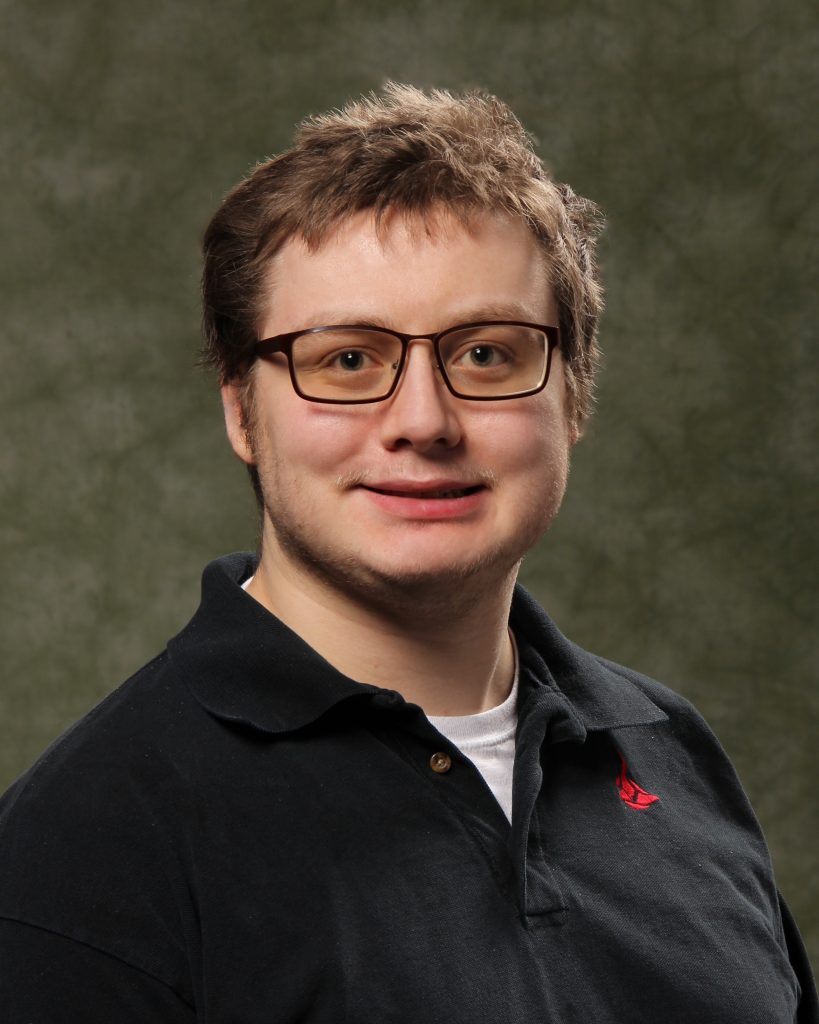Pipe Dream spoke with Eitan Ezor, a senior majoring in computer science. In his talk, “Know me through RP: Building Connections through Roleplay,” Ezor discussed how roleplay has been an outlet of self-expression for him and his hopes to connect with others facing social anxiety during COVID-19. This interview had been edited for length and clarity.
Pipe Dream: Tell us a bit about yourself.
Eitan Ezor: “I’m an avid fan of comic books, video games, anime, science fiction and fantasy novels. My dream is to one day be a video game developer, but I plan on getting a more traditional software developer job first to build my savings.”
PD: What inspired your talk?
EE: “My talk was inspired by a realization of how much my life was improved by my time role-playing in the Live Action Role Playing Club (LARP). I’ve been engaged in role-playing ever since my first semester here at [BU], and during this pandemic, I realized how helpful having that experience was in the long-term. I would not be where I am today without the help of everyone in the LARP Club. I hope I can share those lessons with people.”
PD: Why did you decide to get involved with TEDxBinghamtonUniversity?
EE: “Truthfully, this was not my first experience working with [TEDxBinghamtonUniversity]. During both my freshman and sophomore years, I was one of the student volunteers helping with the backstage tech for the slideshows speakers would use. When I attempted to apply for the position again during my junior year, I was shot down, as the pandemic made things very difficult. When I heard about this year’s [TEDxBinghamtonUniversity] conference where many student speakers would be present, I saw it as the next step in my existing work with [TEDxBinghamtonUniversity]. I also thought I had a good message to deliver to the world, and I wouldn’t have a chance to deliver it in such a way soon.”
PD: What do you hope the audience takes away from your talk?
EE: “I wrote this talk to help people who didn’t feel comfortable interacting with others an outlet for social interaction that may be more comfortable, as well as strip away some of the stigma against hiding who you are. I hope that the audience takes away a message that everyone has different ways of feeling comfortable in social situations and that none of those ways are bad. If someone needs to put on a fake face to feel comfortable meeting new people, that shouldn’t be considered a bad thing. It’s still them, just the parts of who they are that they choose to show.”



